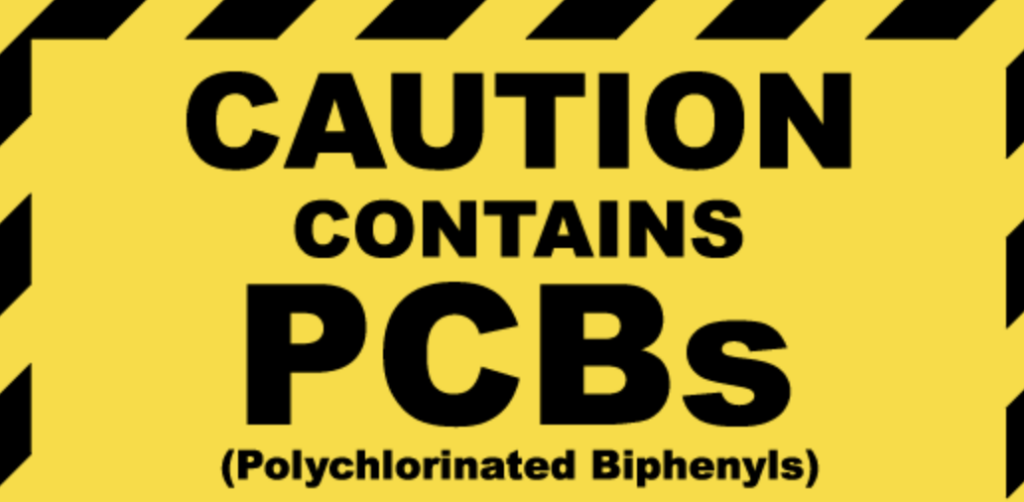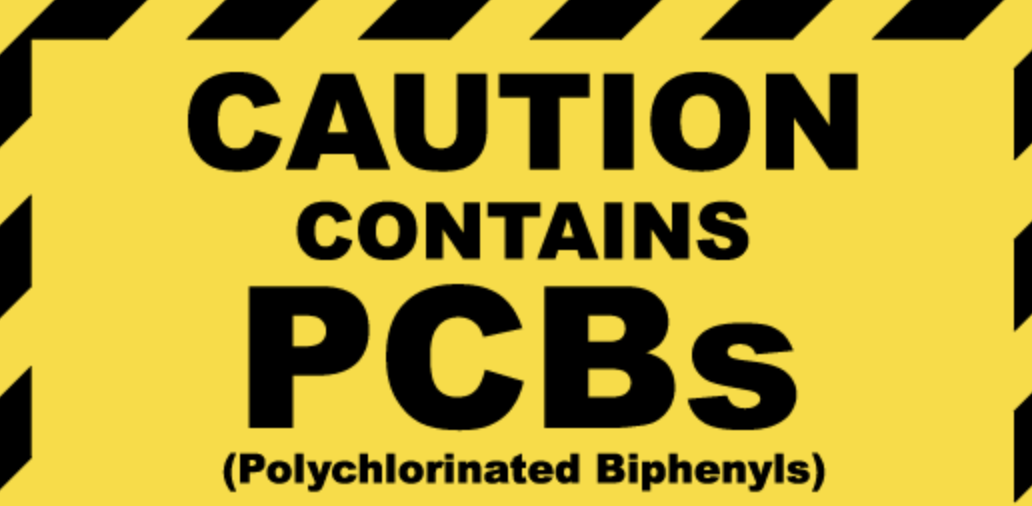By Ethan Weinstein/VTDigger
More than two years since the Legislature created the PCB testing program, the state has sampled almost a third of Vermont schools built before 1980, when building materials were most likely to contain the toxins. In 35 of those 96 schools, testing has discovered PCBs at a level that mandates action. Testing is scheduled to wrap up in 2027.
But now, the Agency of Natural Resource’s Dept. of Environmental Conservation is recommending that the state slow down the pace of PCB testing. In testimony last month, Julie Moore, the agency’s secretary, proposed sampling an additional 65 schools through June 2025, a rate that would use up the remaining money allocated to testing and initial mitigation and remediation if schools continue to discover the toxins at the expected rate.
For schools where high levels of PCBs have been detected, the testing program has proven a source of anxiety. A handful of schools have had to navigate facility closures and costs into the hundreds of thousands of dollars to support short-term fixes, drawing on $4.5 million in state funds for testing and $32 million set aside by the Legislature for remediation — half of which is already obligated to support the demolition of Burlington High School.
Concerned about the unintended consequences and unexpected costs of the current program, House lawmakers last year passed H.486, which would pause PCB testing altogether. But facing opposition from both Senate leaders and the Scott administration — who have stressed the urgency of discovering and remediating cancer-causing toxins — the bill appears unlikely to pass.
With PCB testing ongoing, and 228 schools to go, the House education committee called upon principals and superintendents whose schools contain PCBs to share their experiences.
Some detailed contradictory information they’d heard about whether or not the state would fully pay for remediation. All bemoaned the new stress passed on to teachers and students alike.
A first round of PCB testing at North County Union High School in Newport discovered elevated levels of the carcinogens. The school received 200 carbon filters for about $100,000 to help ease the problem, Chris Young, North Country’s principal, told lawmakers last week.
But further testing showed higher, rather than lower, levels of PCBs.

“It didn’t make any sense that some levels would go up,” Young said. Additional test results, he opined, “still don’t really make sense.”
The situation has left Young weighing questions “as to what might cause more harm to students” either spending time in classrooms “with PCBs that are present and have been present since the beginning of time here,” or “to go remote, which we know there is harm that is caused to students if we have to close the building or portions of the building.”
In Bellows Falls, where testing uncovered PCBs this summer, district officials scrambled to plan for the school year days before students arrived.
“We don’t have a Macy’s in our area,” Andrew Haas, superintendent of the Windham Northeast Supervisory Union, said in testimony last month, a reference to Burlington school district’s use of a closed department store as a temporary replacement for its PCB-ridden high school.
One solution Bellows Falls landed on was using tents to create new learning spaces. Staff joked that the school “looked like a wedding venue,” Haas recalled.
Kelly O’Ryan, principle of Bellows Falls Union, called the situation a “constant source of stress” and “almost a full-time job.”
Like North Country, Bellows Falls used carbon filters to mitigate risk. But the noisy machines drowned out the school’s public address system, O’Ryan said. And even with efforts to reduce PCB levels, a few students pulled out of school due to safety concerns.
“We are being tasked with an impossible mandate,” she said.
The school officials present voiced support for pausing the PCB testing program. But for the schools already tested, a pause would make little difference.
“You can’t unring that bell,” Haas said.
Mark Tucker, Caledonia Central Supervisory Union superintendent, described the urgency imposed on the schools affected.
“It now feels like a race to get what we need,” he said.
‘The mother of all unfunded mandates’
Moore said the state has revised its testing schedule, pushing the highest-risk schools to the front and bumping private schools that don’t serve as the local public option to the end of the list.
Lawmakers at the hearing in January praised the additional information provided by Moore but emphasized their qualms with the existing system.
“Am I correct in saying this is really to handle the immediate mitigation of PCBs and does not speak to the long-term costs of required abatement?” Rep. Peter Conlon, D-Cornwall, the committee’s chair, asked Moore, who confirmed the near-term nature of the program.
Continuing on the same path, Conlon suggested, might lead to increased burdens on the education fund at a time when the governor has already deemed education tax increases unacceptable.
“This could be the mother of all unfunded mandates,” Conlon said, “and the cost of this could significantly increase property taxes for Vermonters.”
Other lawmakers underscored the unintended consequences of PCB testing they’d heard about from educators the week prior: closing classrooms, turning into HVAC experts and wrestling with unknown costs have placed new burdens on an already beleaguered public education system.
“The impact that we know is happening in schools is significantly different than what the intent is,” said Rep. Erin Brady, D-Williston, who works as a teacher.




